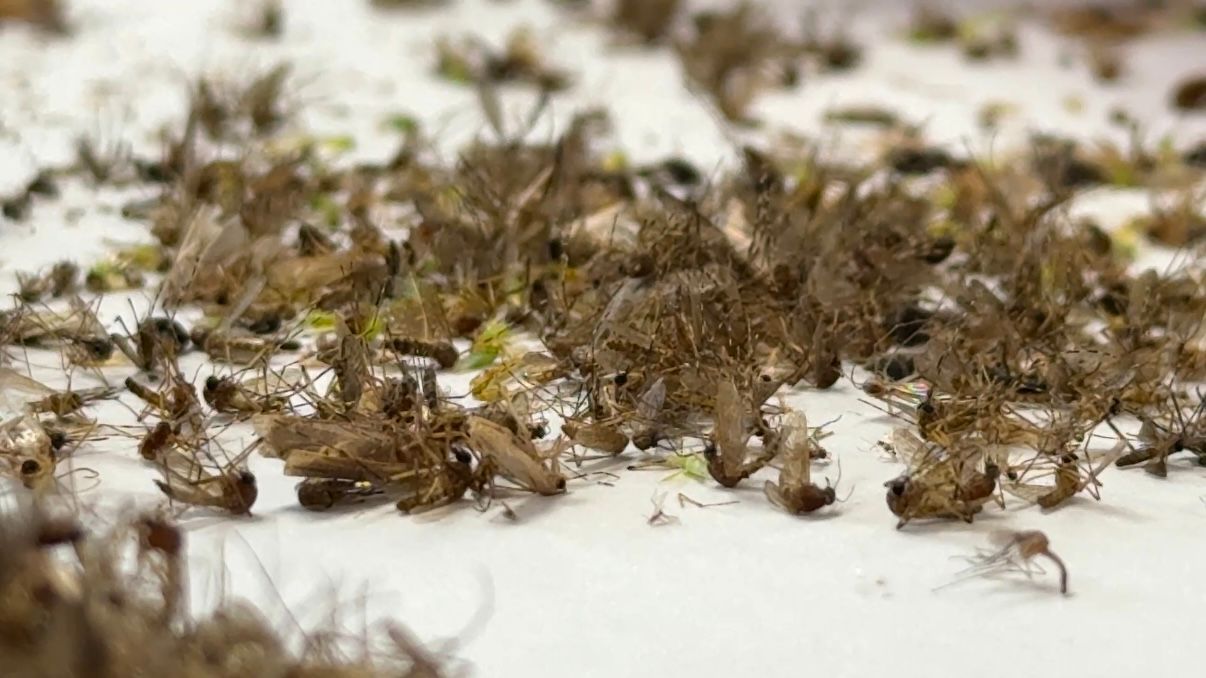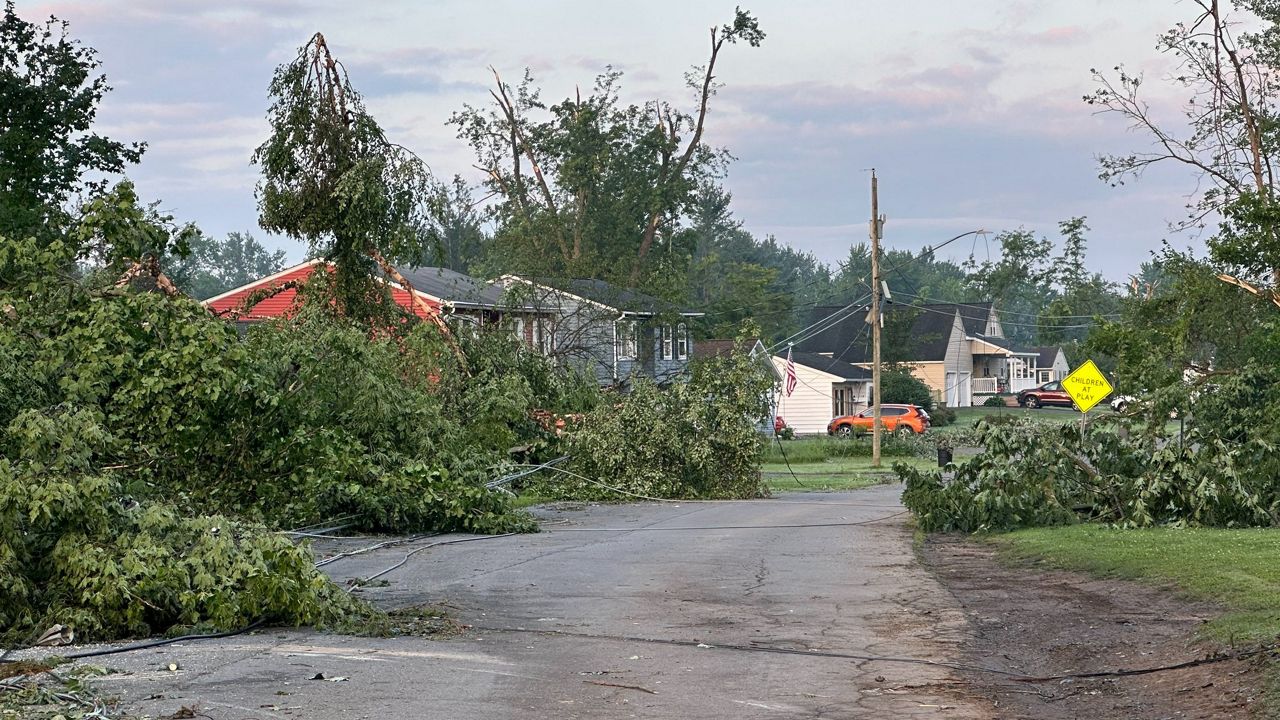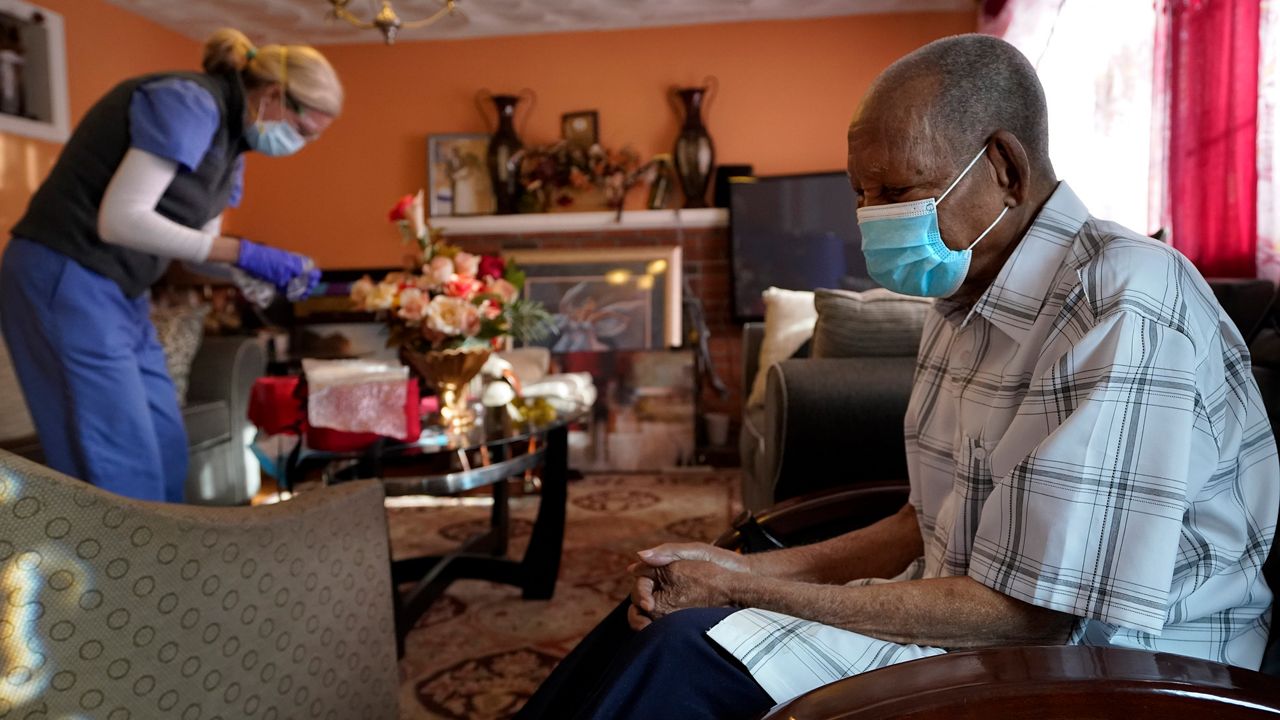Researchers at Upstate Medical University are working on a way to quickly test thousands of people for the coronavirus.
It’s particularly important now as students return to college campuses and grade schools.
They take about a dozen saliva samples, rather than nasal swabs, and test the group for COVID-19 at once.
“Each swab was used by one student at a different campus," said Dr. Frank Middleton, a professor and researcher at Upstate Medical University. "This particular pool comes from Onondaga Community College.”
Middleton will test the group, and if it comes back negative, none of the 12 people have the coronavirus.
That saves labs valuable time, supplies, and money. Upstate will be able to conduct at least 12,000 more tests a day, according to the New York State Health Department.
“This means we can now screen or do surveillance testing on many more students at a time," said Middleton. "Testing laboratories around the country have been plagued with difficulties in reagents.”
Middleton has been working on coronavirus tests since April. Last week, the state health department gave his team the go-ahead to use pooled saliva sampling.
“We basically concentrate the pools down using an Amicon Millipore tube,” explained one of the researchers.
At least a dozen universities are using this method to monitor faculty, staff and students.
Syracuse University is sending students' spit as they return and ten SUNY campuses have committed to the program, Middleton said.
There’s a chance Onondaga County grade schools will use it, too.
“It actually feels really good. And hopefully it does what it's supposed to do and keeps the rates of infection and the spread of COVID-19 as low as they are," said Middleton. “We’re going to get through this as country, as a population. If this helps in any way, that’s all that matters.”
This test is not yet FDA approved, so if the pool comes back positive for the coronavirus, students will have to get an individual diagnostic test.
In the future, Middleton hopes to be able to test the saliva samples already on hand to get an individual diagnosis.









